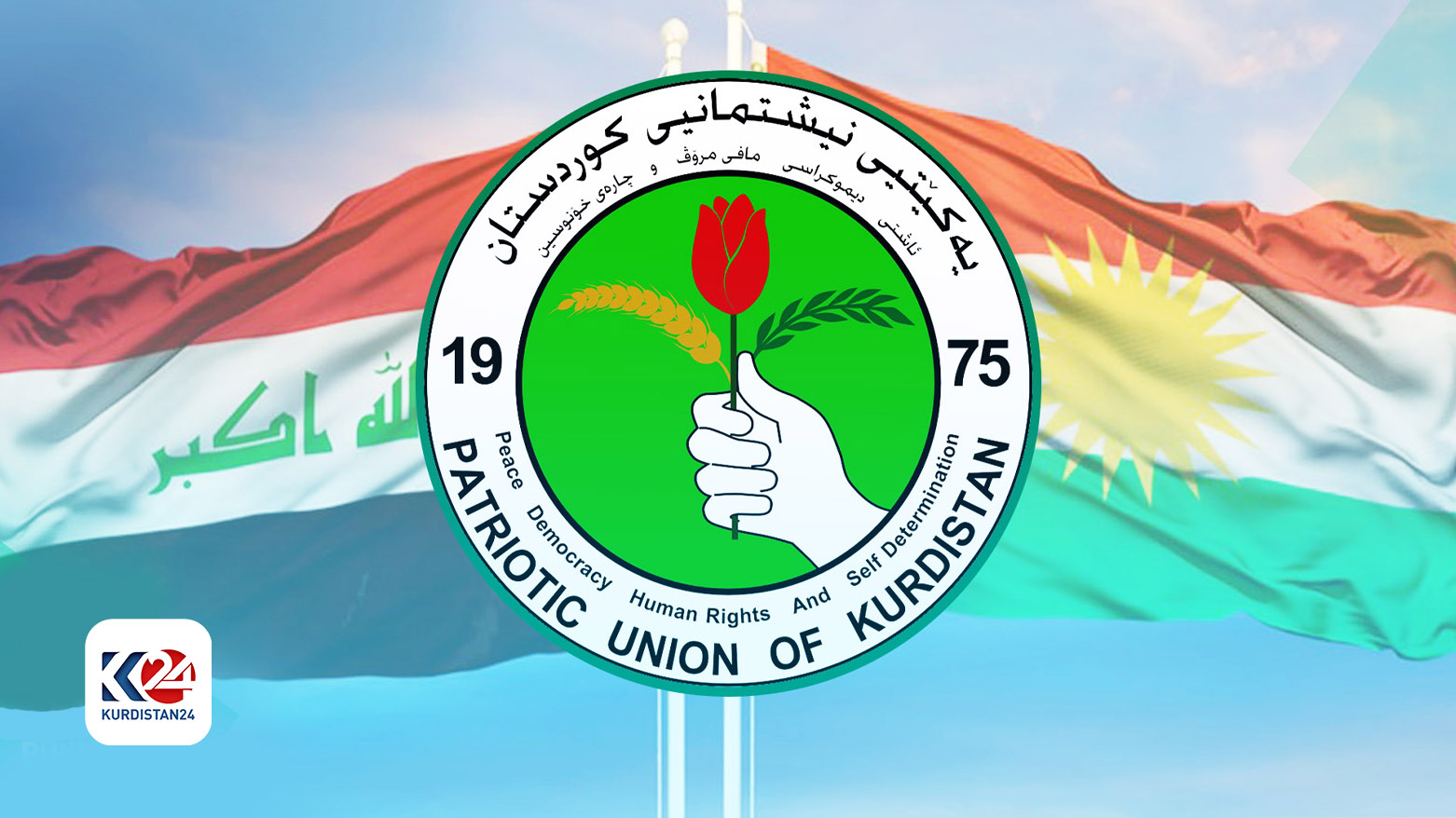PUK's Shifting Alliances: From Kurdish Unity to Iraqi-Centric Politics
The new PUK leadership, particularly under Bafel Talabani, has shown a marked decrease in engagement with other Kurdish parties since the July 8 events that consolidated his power within the party.

ERBIL (Kurdistan24) - The Patriotic Union of Kurdistan (PUK) has significantly altered its political stance since the events of Oct. 16, 2017, moving away from its traditional role as a Kurdish-focused party towards a more Iraq-centric approach, forging alliances with various Iraqi political forces.
The new PUK leadership, particularly under Bafel Talabani, has shown a marked decrease in engagement with other Kurdish parties since the July 8 events that consolidated his power within the party.
Instead, the PUK has intensified its relations with Iraqi political entities, especially those known for their skepticism towards the Kurdistan Region's autonomy.
Key points of the PUK's evolving political strategy include:
1. Strengthened ties with Baghdad: The PUK has become increasingly active in Baghdad's political circles, prioritizing relationships with Iraqi parties over Kurdish ones.
2. Controversial alliances: One of Bafel Talabani's close associates is Rayan al-Kildani, leader of the Babylon Movement, who is internationally controversial and on the U.S. sanctions list for human rights violations.
3. Alignment with Shiite Coordination Framework: Since the Oct. 10, 2021 elections, the PUK has closely aligned with this Shiite political bloc, often taking actions perceived as detrimental to the Kurdistan Region's interests.
4. Actions against Kurdistan Region's interests: The PUK has been involved in several initiatives that have raised concerns among other Kurdish parties, including:
- Attempts to separate Sulaimani from the Kurdistan Region
- Efforts to halt the 'MyAccount' project
- Unilateral decisions regarding the Kirkuk governorship, resulting in the loss of key Kurdish positions in the city
- Support for Federal Court decisions that have been seen as undermining the Kurdistan Region's status and quotas
These developments suggest that the PUK under its new leadership is increasingly positioning itself as an Iraqi political force rather than a primarily Kurdish one.
This shift has significant implications for Kurdish unity and the future of Kurdish politics in Iraq.
The PUK's evolving stance has created tensions within the Kurdish political landscape and raised questions about the future of inter-Kurdish cooperation in dealing with Baghdad and addressing the challenges facing the Kurdistan Region.
As the Kurdistan Region prepares for its parliamentary elections, the PUK's political reorientation is likely to be a significant factor in shaping both the electoral discourse and the post-election political dynamics in the region.
